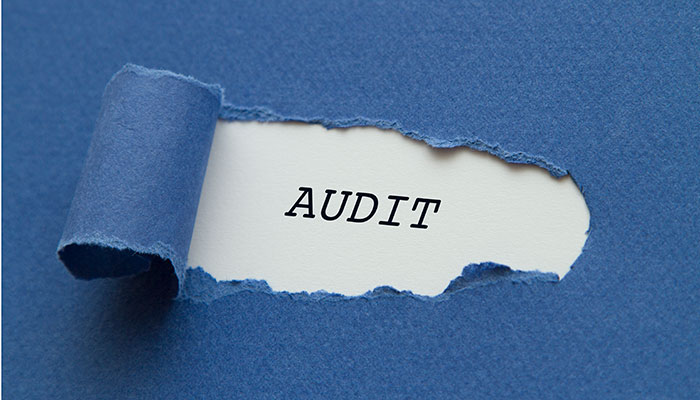
Image © iStock
Many of my s151 officer colleagues have responded with a mixture of alarm, dismay and indignation to Grant Thornton’s submission to the Public Accounts Committee on the state of local authority accounts and audit.
Some have likened it to lighting the blue touch paper or pouring petrol onto an already blazing fire – or other similes. While I personally wouldn’t go that far, it does make one wonder why they decided to make what is unarguably a strong intervention at such a delicate time.
I’ve consistently argued that the problems are system-wide and that all of us – practitioners, auditors, the PSAA, standard-setters, regulators, the government and others – must share the blame for the current crisis.
Let’s make no bones about that last word: crisis is, if anything, an understatement of the position we are in, with unaudited accounts stretching back far longer than could possibly be justified right across the sector.
Unlike Grant Thornton, I think I have a record of being somewhat critical of my own part – the local authority sector – of that whole system. For the avoidance of doubt, let me repeat some of that here.
Too many local authority CFOs have downgraded the accounts.
They have argued that they don’t provide useful information. Well, they do – if you can’t value your roads then it’s most unlikely that your maintenance regime is either the right size or well spent.
We set up the PSAA as a model of public audit focused on getting a clean opinion as cheaply as possible, rather than as a means to promote the wider value of audit.
I could go on, and if you want more proof of my general thesis just look at the route to promotion to the s151 role 30 years ago compared to now. Having been the chief accountant during your career has gone from a virtual prerequisite to practically being a disadvantage.
But the contention that the current state of play can be laid wholly, or even mostly, at local authorities’ door is a leap too far, and I do wonder why Grant Thornton, who are usually so measured, have pitched that line so strongly.
I don’t accept the thesis that the audit firms can point to their finite capacity as an excuse, unless the firms can point to the part of the executive summary of their bids to the PSAA where they put – in bold capitals – that they didn’t have the capacity to do the work. No one made them bid.
I don’t accept the thesis that the firms can point to the backlog as an excuse. If work couldn’t be done previously then the firms have had the benefit of that resource for other audits. Now it’s our turn to have that resource allocated to local authority audits.
And I don’t accept the thesis that practitioner teams across the country are weak, although one must acknowledge the exceptions. But if we are to go down that route then the sector could also provide plenty of examples of poor auditing, of basic issues such as council tax or year-end debtors and credits, not good auditing of the wrong things, which is an issue where I agree with Grant Thornton.
I don’t want to get into a blame game. This isn’t going to be solved by a slanging match between local authorities and their auditors and there’s much in Grant Thornton’s detailed submission that I agree with, for example about the proper focus of public audit.
I’d like us all to work together to get through this, which is going to require everyone to accept some compromises to their preferred position. We can each bring our own particular expertise to finding those solutions.
If the regulation isn’t properly focused then global accounting firms, with hard-earned reputations for independence of mind, rigour and technical excellence should say so or risk losing those reputations; to their credit Grant Thornton have now done so.
If the standards and Code aren’t right, let’s look at them, but also remember that they are a framework for professionals to work within. They aren’t a prescriptive list and we shouldn’t look to tweak them every time we think there’s a problem to be solved.
And if capacity and capability are problems – in the firms and in local authorities – then we can address that. A good starting point would be acknowledging some virtues that are in danger of being forgotten, of dogged auditors following their instinct rather than an audit guide and of dedicated chief accountants at the heart of decision making throughout the year rather than only getting air-time at the year-end.
Another good starting point would be for us all to acknowledge our own weaknesses and to focus on what we can do to fix the many problems we face, rather than seek to apportion blame.












